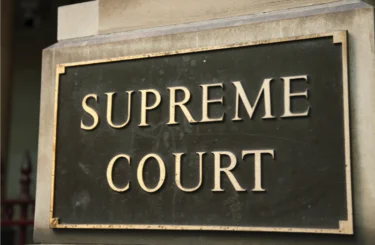
Click and Opt Out: Mandatory Arbitration in Everyday Technology Agreements
In today’s digital era, where we rely on technologies and apps in nearly every aspect of life, consumers and tech users are routinely forced to accept the terms of long, legalese-filled service contracts before they can access applications and software programs. Terms and conditions are frequently changed, and users must similarly accept modified terms afterthey have become hooked to the apps and before they can continue using the programs that have become enmeshed in their daily lives.
These contracts commonly include mandatory arbitration clauses that require individuals to forfeit their right to initiate a lawsuit in state or federal court if a dispute arises. Instead, disagreements must be handled in a private forum where the substance of the claims, the proceedings themselves, and the arbitrators’ decisions are largely, if not entirely, shielded from public view.
Going It Alone
Class action waivers are also frequently added to forced arbitration clauses, which compel users to bring their claims individually rather than as a class. This type of waiver deprives people of the collective leverage they have against big companies when they pursue and protect their rights as a group.
Fortunately, a necessary light is being shed on forced arbitration clauses. The New York Times (subscription required) recently ran published a powerful and persuasive editorial condemning the practice and calling for the overhaul of the contracts that include these provisions.
Class Action Lawyers That Fight the Big Corporations
Sommers Schwartz specializes in class action litigation and is dedicated to advocating for the rights of individuals that are so commonly taken advantage of by big companies and corporations.
Alana A. Karbal
Alana Karbal is an associate in the firm’s Employment Law and Unpaid Wages & Overtime practice groups, representing clients in workplace disputes and fair compensation matters.





